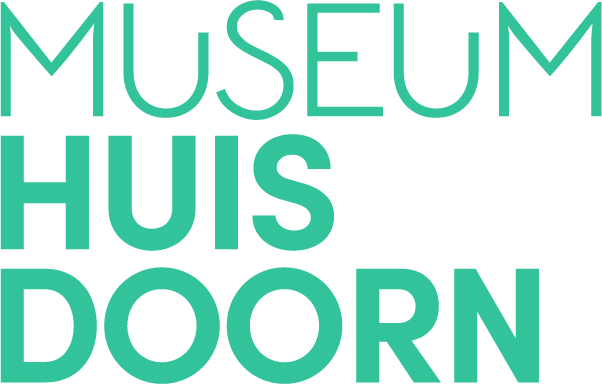The Colonial Worldview of Wilhelm II.
{{ time.start_TS | TS2dateFormat('MMM') }}
{{ time.start_TS | TS2dateFormat('YYYY') }}
| 5 €, reduced 2,50 € |
| Please book your ticket in advance online or at the box office in the Foyer. |
| The event will be held in English with translation into German. |
| 14 years and older |
| English, German |
| Ground Floor, Hall 3 |
| Part of: SITE SPECIFICS |
Around 1900, life was shaped by colonial structures and ways of thinking on a global scale: Economically, politically, scientifically and culturally, colonialism reached into many areas of life.
How was this colonial interdependence asserted in Berlin Palace as the symbolic centre of the German Empire? What conclusions can be drawn about emperor Wilhelms II colonial world view? Interestingly it is less colonial pictorial programmes in the palace’s parade chambers that shed light on the emperor’s political and ideological convictions than the numerous details of the furnishings in his personal apartment. In recent months, the Stiftung Humboldt Forum im Berliner Schloss has joined forces with Museum Huis Doorn in the Netherlands to research these as yet mostly overlooked everyday objects.
Huis Doorn is the ideal partner for this endeavour. The museum maintains Kaiser Wilhelm II’s exile residence in the Netherlands, where a large part of the emperor’s personal possessions are still preserved today. The starting point for the joint research was a scientific project between Museum Huis Doorn and Utrecht University, in which students analysed objects from the emperor’s possessions from a colonial perspective for the first time in 2023.
Together with the experts from the Netherlands, the event SITE SPECIFICS will offer insights as well into this research as the project on the furnishings of Wilhelm II’s apartment in Berlin Palace.
Participants
Herman Sietsma is governor and director of Museum Huis Doorn since 2012. A lawyer and expert of public administration by training he was also governor and director of Museum Amerongen Castle from 2013-2023. Previously, he served as public manager and CEO of several regional public organisations in the Netherlands and was General Director of the Province of Utrecht from 2000-2011. He still holds various positions in government and governmental organisations in the Netherlands.
Frank Louhenapessy is the managing director of Museum Huis Doorn since 1997. He was also project manager for the Museum Amerongen Castle from 2009-2013 and is treasurer of the Foundation of Cooperating Castle Museums Utrecht and the ICOM International Committee for Historic House Museums. He studied Architectural History and Heritage Studies at the VU Amsterdam.
Annelore de Kruif received her Bachelor’s degree in History from Utrecht University in 2023 and is currently studying for a Master’s degree in Museum Studies at the University of Amsterdam. In 2023, she participated in the research project The Kaiser’s Colonial Worldview of Museum Huis Doorn and Utrecht University and was a project manager for the exhibition of the same name in Huis Doorn.
Wendy Landewé is curator at Museum Huis Doorn since 2008. She previously worked as management assistant and research assistant for the Dutch Castles Association, was assistant curator at Museum Amerongen Castle and researcher and project manager for the Dutch Castles Encyclopaedia. She studied General Literature and Medieval Studies at the University of Utrecht.
Jan Eise Kuipers received his Bachelor’s degree in History in 2023 and is currently completing a Research Master’s degree in Ancient History at Utrecht University. He participated in the research project The Kaiser’s Colonial Worldview of Museum Huis Doorn and Utrecht University in 2023 and was junior curator of the exhibition of the same name in Huis Doorn. In 2024, he researched the interior of the imperial apartments in the Berlin Palace, a cooperative project between Stiftung Humboldt Forum im Berliner Schloss and Museum Huis Doorn.
Partner
